Sales Line 954-266-0423
Service Line 888-265-7124
Sales Line 954-266-0423
Service Line 888-265-7124
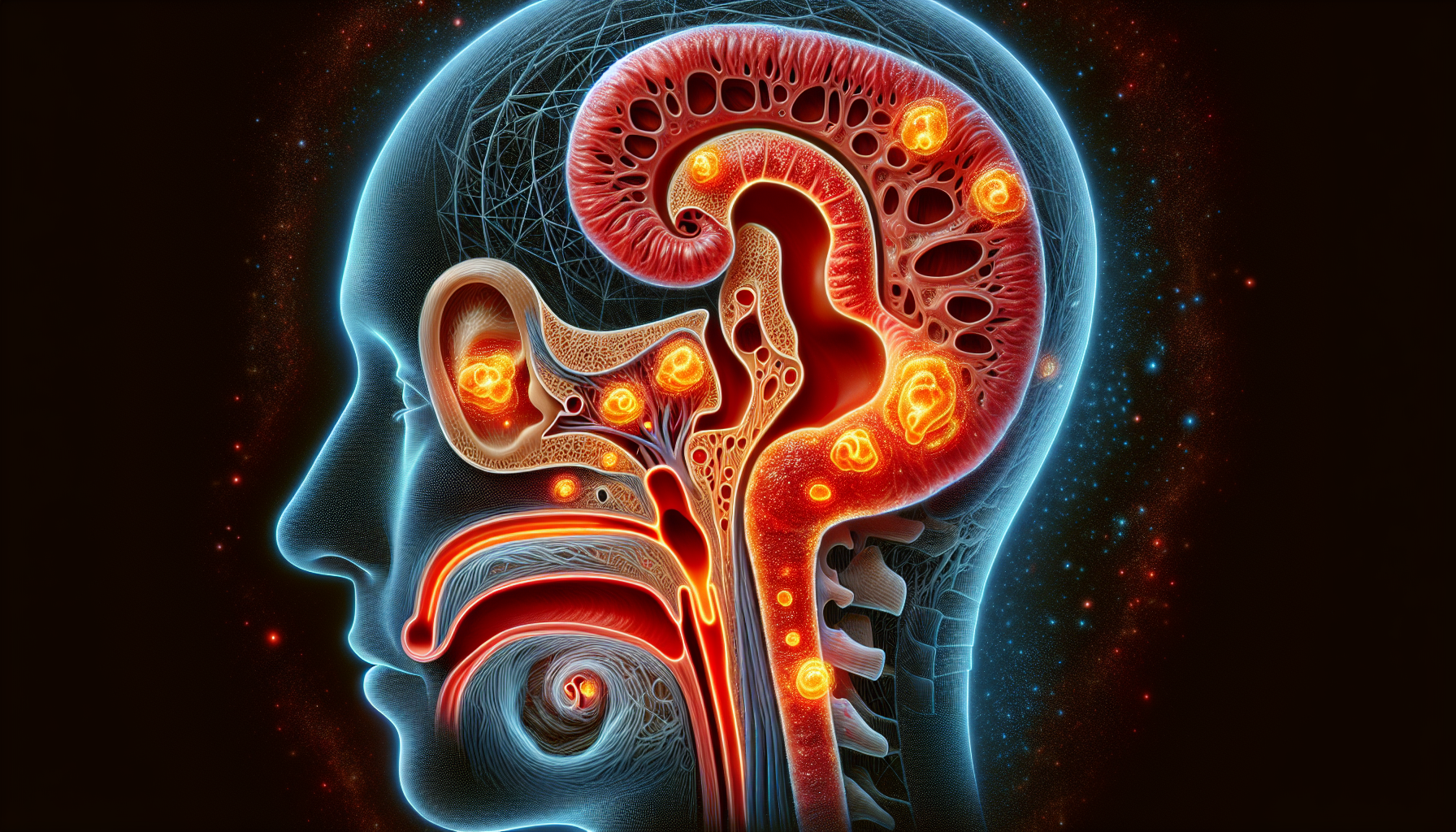
Sinus pressure in your ears can be more than just an annoyance—it’s a distraction that needs immediate attention. This article cuts through the clutter to offer quick, effective strategies on “how to relieve sinus pressure in ears”. Get ready to learn easy-to-apply solutions that directly tackle your discomfort.
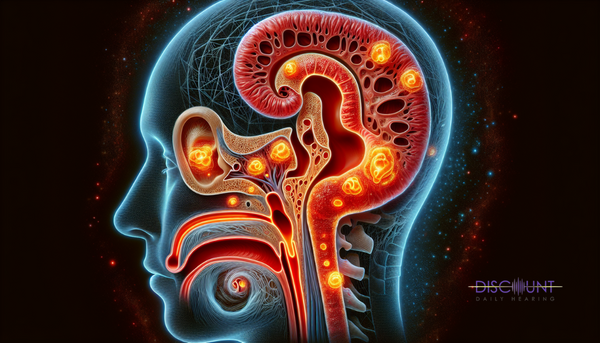
When a sinus infection strikes, it’s not just your nose that’s affected. The fluid buildup in your sinuses can travel to your ears, leading to symptoms like:
This is because the Eustachian tube, which is responsible for balancing air pressure and draining excess fluid in the middle ear, can become blocked, resulting in discomfort and clogged ears.
Hence, managing your sinus infections is crucial to keep your ears clear and pain-free, as it can help prevent ear infections.
The Eustachian tubes play a vital role in maintaining the balance of air pressure in our ears. When these tubes become blocked due to sinus pressure, it disrupts their function, leading to:
Hence, keeping our sinuses clear helps maintain the proper function of our Eustachian tubes.
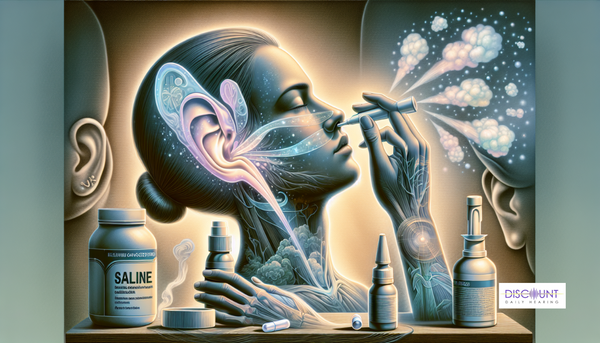
Nasal sprays are a handy tool in your arsenal against stuffy ears. They work by reducing sinus blockage and inflammation and adding moisture to nasal passages. However, it’s important to use them correctly to avoid potential side effects.
So, the next time you experience stuffy ears, a nasal spray might just be the quick fix you need.
Saline rinses are a natural and effective way to relieve nasal congestion and ear pain. They work by flushing out the nasal passages, which in turn helps clear the Eustachian tubes and reduces ear discomfort. However, it’s essential to use a balanced mixture of pharmacy-grade salt and baking soda with mildly warm water to prevent headaches or nasal irritation.
Decongestants can be a lifesaver when dealing with sinus pressure and ear pain. They reduce nasal swelling and sinus pressure, providing relief. However, it’s crucial to use them as directed to avoid misuse and potential side effects.
Some studies suggest that decongestants and antihistamines do not significantly improve sinus-related ear pressure and may lead to a higher incidence of side effects. Hence, always consult with a healthcare professional when considering decongestants.
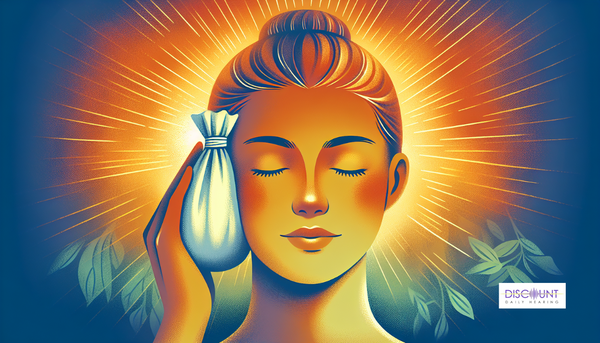
Warm compresses provide a soothing and natural way to relieve pain caused by sinus pressure. They work by releasing the built-up mucus associated with sinus infections, providing relief from sinus pressure and ear pain.
So, the next time you experience sinus pressure, consider applying a warm compress to your face for 10-15 minutes.
Steam inhalation is another effective home remedy that can alleviate symptoms of sinus headaches and ear pressure. The moisture from inhaling steam helps break down nasal stuffiness and mucus, providing relief from sinus pressure and helping to relieve sinus congestion as well as relieve sinus pressure.
Adding eucalyptus oil to your steam inhalation can further enhance its effectiveness by clearing nasal and sinus congestion.
Staying hydrated is crucial in maintaining thin nasal mucus and preventing sinus pressure. Proper hydration ensures that the mucus lining the sinus passages maintains a thin consistency, which is necessary for trapping and eliminating pathogens and supporting effective cilia movement to clear mucus.
So, make sure to drink plenty of water throughout the day to maintain optimal sinus health.
Apart from home remedies, there are several medications and treatments available for sinus-related ear pressure. These include pain relievers, antibiotics, and allergy medications, each of which plays a unique role in managing your sinus health. Nothing we say is to be taken seriously with medications and treatments.
Pain relievers such as NSAIDs and acetaminophen can be effective in managing discomfort associated with sinus-related ear pressure. NSAIDs have the added benefit of reducing inflammation, providing added relief.
In some cases, antibiotics may be necessary to treat bacterial infections causing sinus pressure and ear pain, such as a middle ear infection. However, they should be used judiciously to avoid side effects and the development of antibiotic-resistant infections. In fact, a strategy of watchful waiting or delayed antibiotic prescribing can allow the immune system a chance to combat the infection on its own.
Allergy medications can play a pivotal role in preventing sinus flare-ups and related ear congestion. Here are some options:
For long-term control of allergies, allergy shots or immunotherapy can significantly reduce the severity of allergic reactions.
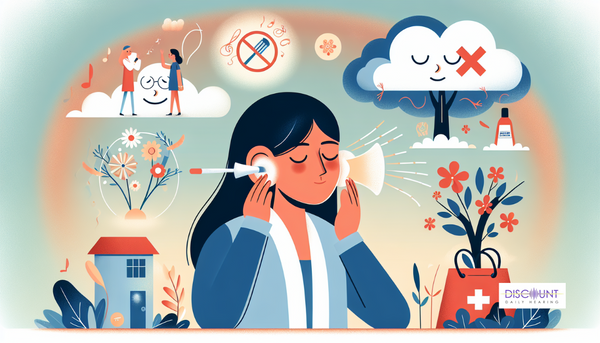
These adjustments can significantly contribute to sinus and inner ear health.
Irritants like tobacco smoke and chemical fumes can worsen sinus congestion and related ear congestion. By avoiding these irritants and using a humidifier in dry air environments, you can prevent congestion and maintain proper humidity levels for better sinus health.
Proper ear care, including regular cleaning and avoiding excessive earwax buildup, can prevent sinus pressure and ear pain. Remember not to push earwax too deep into the ear, and consider over-the-counter ear drops or an earwax removal kit if you experience excessive earwax.
Effectively managing allergies can also help prevent sinusitis and ear pressure. This involves:
Hydration is also key in preventing sinusitis and maintaining clear sinus passages.
While these techniques can provide relief, it’s important to seek medical attention if symptoms persist, worsen, or are accompanied by severe complications such as severe headaches or facial pain in conjunction with sinus pressure and ear pain, or a fever persisting longer than 3-4 days during sinus issues.
Persistent and unrelenting symptoms may indicate a more serious problem, such as chronic sinusitis. If symptoms like:
do not resolve, or if there is no improvement after 3 days of using medications, it’s time to seek professional help.
It’s also crucial to be aware of potential complications. For instance, chronic sinusitis can lead to ongoing inflammation resulting in the formation of nasal polyps and an increased risk of recurrent sinus infections. Severe complications such as vision problems potentially leading to blindness, meningitis, or cellulitis can occur if a serious sinus infection spreads beyond the sinuses. If you suspect any of these complications, seek medical help immediately.
To sum up, sinus pressure and ear discomfort can be a painful burden, but with the right knowledge and techniques, you can effectively manage and prevent these symptoms. From home remedies like warm compresses and steam inhalation to over-the-counter medications, the right combination of treatments can provide relief. Remember, it’s important to seek medical help if symptoms persist or worsen. Stay healthy, stay informed, and conquer sinus pressure and ear discomfort with confidence. Got hearing aid questions for our Hearing Care Professionals?
You can unclog your ears from sinus pressure by trying home remedies such as swallowing, yawning, chewing gum, nasal flushing, applying heat, washing the ears, and using a humidifier. In some cases, medications like decongestants or antihistamines could also be effective.
Sinus pressure in the ear can last a few days to a week if it's due to the common cold or allergies, but if it's caused by chronic issues like sinusitis or ear infection, it may persist for weeks or even months without intervention.
To massage your ears to drain sinuses, gently massage the side of your head near your ears with your index fingers in an up and down motion, then work your way down to the earlobes one to two times. This can help relieve sinus pressure and promote drainage.
To relieve sinus pain in your ear, apply a warm compress over the nose, forehead, or ear to ease pressure and use an over-the-counter decongestant to clear excess fluid buildup. Steam therapy, such as breathing in steam from hot water, can also help loosen fluid buildup.
Making lifestyle adjustments such as maintaining a healthy diet, getting enough sleep, regular exercise, and avoiding irritants can help prevent sinus pressure and ear pain. These adjustments can contribute to sinus and ear health.